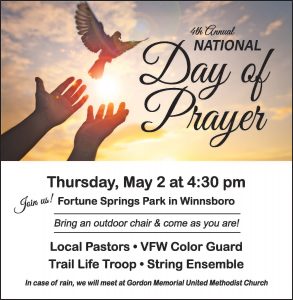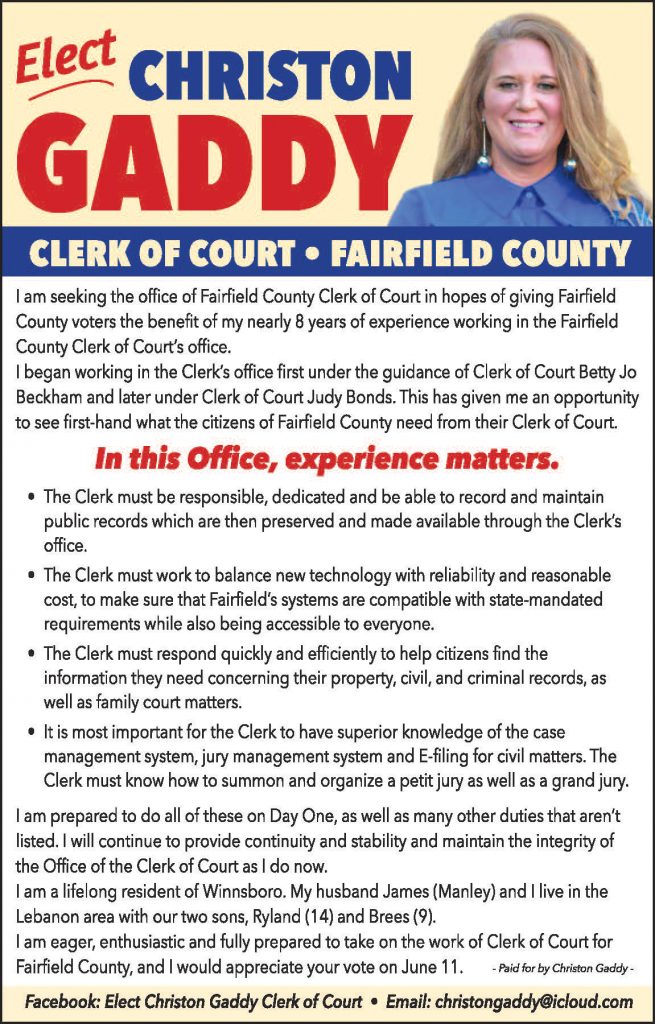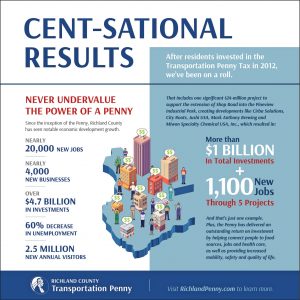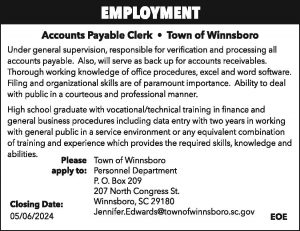COLUMBIA – A majority of property owners living on dirt roads will now decide whether their dirt road is paved or not, according to a measure approved Tuesday night.
Richland County Council voted unanimously to require 51 percent of residents living on a dirt road to decide whether or not it will be paved.
In May, however, the county’s interim transportation director, Michael Maloney, asked the County’s Transportation Ad Hoc committee to recommend that County Council amend the Dirt Road Paving ordinance by removing altogether the section in Chapter 21 that, for years, allowed 25 percent of property owners on a dirt road to decline a road paving project.
The amendment, Maloney said, would allow the County to proactively pursue and complete the paving of Richland County dirt roads. The issue affects more than a hundred dirt roads in Blythewood 29016.
The new rule passed Tuesday night was part of a substitute motion introduced by Councilman Jason Branham. His motion substituted a 51 percent majority-rule for the long-standing 25 percent rule of property owners who don’t want it paved.
Branham said he introduced the substitute motion as a compromise after one council member argued that one or two residents opposing a paving could filibuster the paving of an entire road.
But Branham also noted the original amendment, introduced in May, removed mention of any threshold altogether. He said, essentially, that Maloney’s proposed amendment, as written, gave residents no say whatsoever.
“There is a right for a certain percentage of homeowners on a dirt road to prohibit or prevent the paving of that road,” he said.
“The original [Maloney’s] amendment wasn’t just moving the threshold at which a road can be prevented from being paved,” Branham continued. “The original amendment eliminated the right altogether. I understand why residents say ‘you’re taking a right away from us.’”
Although council members voted unanimously for Branham’s compromise, Council chairman Overture Walker pushed back on assertions that the county was stepping on resident rights.
Walker said Richland has spent $20 million of $45 million the penny tax allocated for dirt road paving, but paved only 29% of roads listed in the referendum. He blamed that on what he characterized as a vocal minority objecting to having their road paved.
“We should be at 60% [dirt roads paved]. That’s not because of mismanagement, that’s not because of cost overruns or poor estimates at the beginning,” he said. “It has to do with a minority [of property owners] that’s able to slow the process when it comes to paving these roads in a timely manner.”
Richland residents speaking at Tuesday night’s hearing overwhelmingly opposed any effort to unilaterally pave their road, including three Blythewood area residents.
Stewart Andrews, speaking on behalf of residents on Persimmon Fork Road, said the road is “picturesque” and serves many horse farm owners. He supported leaving it up to the residents who live on a particular road to determine whether it should be paved.
“We support the 51% standard. We believe that is democracy at work,” he said.
Susan Grosslight, also of Persimmon Fork Road, said neighbors are adamant the road should not be paved.
“We had to get everyone on our road to sign a petition,” Grosslight said. “We sent it to everyone on county council and said do not pave our road, put us at the bottom of the list. We don’t ever want it paved.”
Grosslight went on to say that county literature she and neighbors received about paving was confusing and alarming. Any road paving ordinance the county adopts should be clearly written and devoid of any ambiguity, she said.
“The way the letter was written, we didn’t know what it meant,” she said. “When we see this come out as a document and we realize every road could be paved, our antennas go up and our faces turn red.”
Blythewood area resident Sarah Major said the same is true of Clamp Road, where she lives.
“In order to make it not a dirt road, you’re going to have to cut down thousands of trees for something not one person on the road wants,” Major said. “We don’t want it paved.”
Councilwoman Cheryl English, who represents the Lower Richland area, said her area has a different need, and that many of her constituents support having their roads paved because of how water flows in that area, washing out dirt roads.
English said Lower Richland was struck particularly hard during the 2015 flood, and the region’s unpaved road network hindered first responders.
“We have not recovered from [the flood] yet,” she said.
Chairman Walker blamed the media for resident’s property right fears. He said that Richland County is merely trying to honor the will of voters, who approved the 2012 penny sales tax referendum.
“If you’re road was not enumerated in the 2012 ordinance, it’s not going to be paved,” Walker said. “The government is not coming to take your road.”
According to council documents, however, the original amendment proposed in May could have stripped residents of the right to decline having their road paved.
In May, staff recommended changes to “proactively and complete the paving of Richland County roads by removing the section… that allows 25% of property owners to decline a road paving project,” documents state.
Council members Derrek Pugh and Gretchen Barron, both of whom represent Blythewood areas, noted incomplete and confusing information had been provided to the public by the county, raising concerns that any dirt road could unwillingly be paved.
Barron praised a list of simplified road paving talking points that County Administrator Leonardo Brown had recited earlier. She said providing residents with those talking points instead of technical jargon might have alleviated much of the property owners’ confusion.
“This is a topic that needed to be communicated better with our constituents,” Barron said. “This information we have tonight would’ve saved hours of emails that we have received.”
Pugh said his constituents were “terrified” by the lack of a coherent narrative.
“Speak plain language to everyone,” Pugh said. “Not everyone speaks engineering language.”












